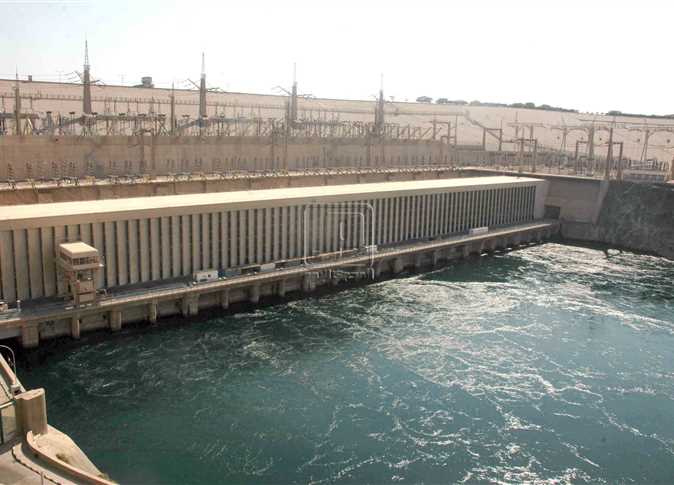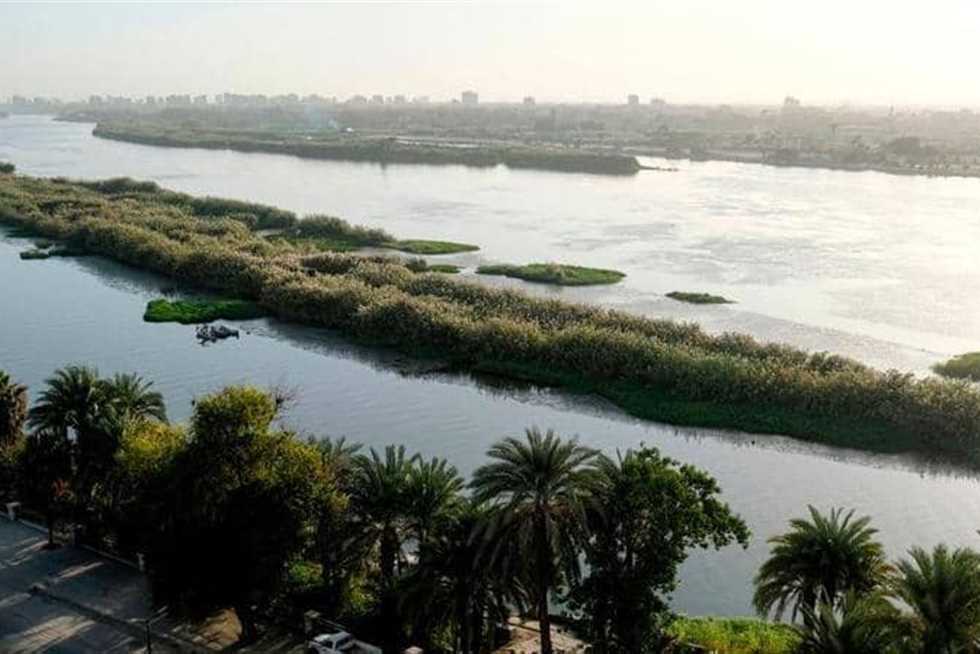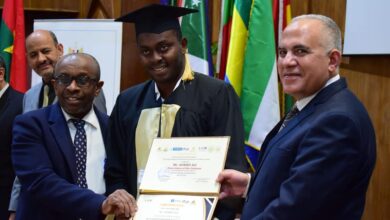State-owned papers lead with President Mubarak’s “intense diplomatic activities” in Sharm el-Sheikh yesterday, as described by Al-Ahram. Mubarak’s schedule included private meetings with controversial Sudanese president Omar al-Bashir, as well as Lebanese Prime Minister Saad Hariri—detailed in identical coverage (and photographs) in Al-Akhbar and Al-Ahram. The president’s meeting with Bashir was summed up by Al-Ahram’s headline, citing “Egypt’s vow to protect the stability and sovereignty of Sudan.” The meeting also reportedly included a discussion between the two leaders on “developments in the Darfur peace process,” which has benefited from cooperation between the “sister nations.”
Mubarak extended similar promises of cooperation and protection to the Lebanese PM, reportedly offering Hariri his “full support,” in addition to a “guarantee” against any attacks from Israel. For his part, Hariri dismissed allegations of secret arms deals with Syria as “Israeli rumors,” and an “excuse to declare war.”
Al-Ahram also reports on yesterday’s White House summit for Muslim entrepreneurs, hosted by US President Barack Obama. As part of his attempt at establishing a “new beginning” with the Muslim world, the summit saw the American president give a speech to an audience of 250 businessmen from over 50 countries. Obama also reportedly outlined a series of initiatives and “commercial exchange” programs aimed at boosting the economic and technological development of the Islamic world.
Minister of Education Ahmed Zaki Badr is also mentioned on Al-Ahram’s front page, having ordered the immediate transfer of two teachers from separate schools recently revealed to have been engaging in a series of “inappropriate activities” with their students. Besides transferring the offending teachers to “administrative positions” in “remote locations,” Badr also reprimanded the headmaster of one of the schools for “continually ignoring parents’ complaints” with a five-day pay cut. Al-Ahram’s report eventually elaborates on the “inappropriate activities,” describing several instances of child molestation and sexual abuse.
In Al-Akhbar, National Democratic Party (NDP) Secretary General Safwat el-Sherif continues to deny allegations by “one of the independent papers” accusing the party of setting a “fixed donation fee” as a condition for candidacy in the People’s Assembly. El-Sherif also made several statements citing the integrity and transparency of the NDP and its constituents, while taking time to point out the MP Nash’at el-Qassas—who recently suggested to the People’s Assembly’s human rights committee that police forces should quell protesters with live ammunition—was expressing his own personal beliefs and not speaking on behalf of his party.
Al-Wafd leads with an update on the Nile Basin negotiations, describing new “escalations” introduced to the proceedings with Ethiopia’s accusing Egypt of “stalling” the talks. Determined not to fall prey to the Egyptian conspiracy, a spokesperson for the Ethiopian government reiterated his administration’s insistence that a treaty between the participating nations be signed no later than 14 May. “Egypt is dragging [its] feet,” the Ethiopian spokesperson is quoted as saying.
Also in Al-Wafd is Foreign Minister Ahmed Abul Gheit’s warning of a possible “new war” between Lebanon and Israel, due to a “deterioration of affairs.” Abul Gheit stated Egypt’s support for Lebanon, before pointing out the “critical role” that could be played by the United States in diffusing the current situation. The foreign minister mentioned that he wrote a letter to US Secretary of State Hillary Clinton in which he expressed the same concerns.
Al-Shorouq’s leading story revolves around the Administrative Judiciary’s refusal of Minister of Health Hatem el-Gabaly’s proposal that medicine be priced according to “global market rates.” With their decision based on the fact that the re-priced drugs would be considerably more expensive, the judiciary ordered el-Gabaly to set rates “in accordance to the average Egyptian citizen’s level of income.”
Al-Shorouq also updates on the Hisham Talaat Mostafa trial. Because Mostafa is a prominent figure business and politics, his trial has been a lengthy and well-documented process, with Al-Shorouq reporting that on Tuesday courts began to examine videos taken from the surveillance cameras in the Dubai hotel where Lebanese pop star Suzanne Tamim was murdered in July 2008. Both Mustafa and his bodyguard Mohsen el-Sokkari—allegedly hired by Mostafa to murder Tamim—continue to await their verdict. The two men received death sentences last May, but were granted an appeal by the Court of Cassation.
Egypt’s newspapers:
Al-Ahram: Daily, state-run, largest distribution in Egypt
Al-Akhbar: Daily, state-run, second to Al-Ahram in institutional size
Al-Gomhorriya: Daily, state-run
Rose el-Youssef: Daily, state-run, close to the National Democratic Party’s Policies Secretariat
Al-Dostour: Daily, privately owned
Al-Shorouq:Daily, privately owned
Al-Wafd: Daily, published by the liberal Wafd Party
Al-Arabi: Weekly, published by the Arab Nasserist party
Youm7: Weekly, privately owned
Sawt el-Umma: Weekly, privately owned




